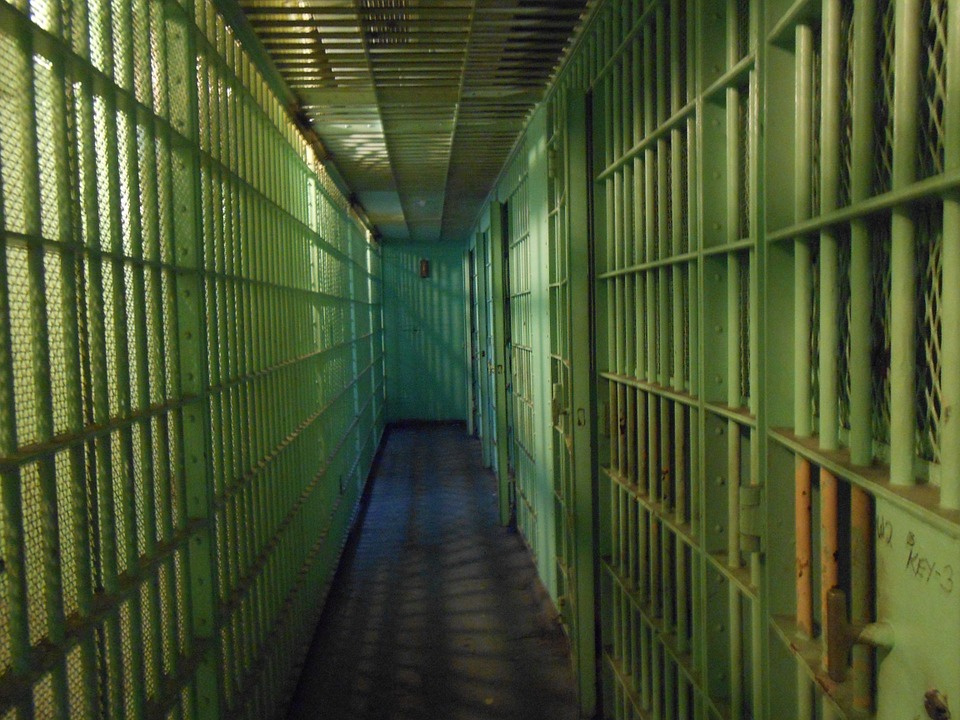Before the recent uproar of anger regarding Trump’s neutral response to white supremacists in the US, the UK also experienced a horrible catalyst for racism in the form of Brexit.
After the vote which called for the UK to exit the EU, hate crimes across the country increased by 100% reaching record levels.
Over the past year UK authorities have implemented a number of measure in order to reduce attacks like these. Before Prime Minister Theresa May triggered Article 50, UK police forces expanded intelligence gathering and increased protection for vulnerable communities out of fear that hate crimes would rise as a result. Unsurprisingly, triggering Article 50 did exactly as expected and hate crime increased.
Matthew Williams, co-director of the Social Data Science Lab at Cardiff University, has been observing the rise since the Brexit vote and is working to tackle hate speech online. “What we have noticed, using our various bits of software, is there has been an increase in hate speech today around this event,” he told The Independent.
Professor Williams and his team were awarded a £250,000 grant earlier this year to create a monitoring tool tracking the propagation of online hate speech.
“It is worrying. We’ve entered into what I’d say is a new darker phase when it comes to relations with minority individuals in the UK, whatever minority they may be,” he said, adding, “I’ve seen prejudice being expressed towards individuals from other countries in Europe, but it’s also people from countries outside Europe. There’s been lots of anti-Muslim sentiment and a spike in homophobic hate speech.”
In April, At the inaugural Online Hate Crime Summit in London’s City Hall, Sadiq Khan, the Mayor of London, announced the establishment of a police unit with the primary purpose of tackling online hate crime and supporting its victims. This is part of an overall effort to curve the worrying rise of hate speech online as well as in public.
Recently, authorities have revved-up measures to bring down online abuse. According to the BBC, online hate crimes should be treated as seriously as abuse committed face-to-face, prosecutors in England and Wales have been told. Reviewing its guidance for prosecutors, the Crown Prosecution Service said the impact of tweeting abuse can be as “equally devastating” as shouting it.
Alison Saunders, The Director of Public Prosecutions, said recent events in the US, which saw white nationalists clash with counter protesters in Charlottesville, demonstrated what online abuse can lead to. “Whether shouted in their face on the street, daubed on their wall or tweeted into their living room, the impact of hateful abuse on a victim can be equally devastating,” she said.
This is not the first time the law has gone after those keyboard warriors who spread hate speech online. Earlier this year, Joshua Bonehill-Paine, a “vile racist” troll was sentenced to the maximum of two years for harassing Labour MP Luciana Berger with a series of anti-Jewish rants.
As John Cleese eloquently points out, when limiting free speech to protect minority groups it can be hard to know where to draw the line. However, as the UK moves closer to leaving the EU, more needs to be done to protect those who are affected by the shocking rise in hate speech and crimes. With the right policies, an egalitarian approach and the correct enforcement, the UK might be able to successfully complete an EU exit without the hideous side effect of rising racism and online hate.











